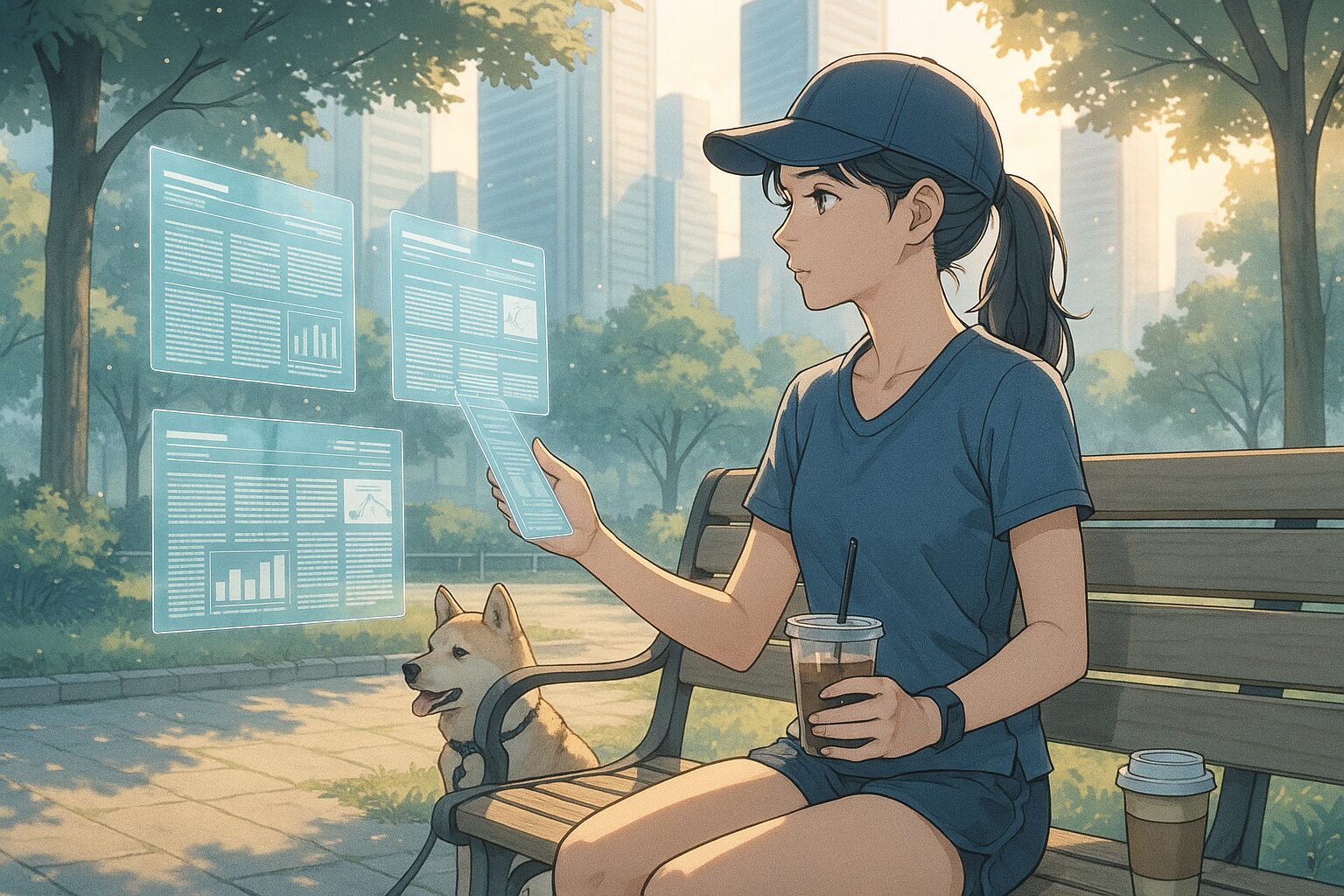Is AI Special? Let’s Think About the Next Steps
In today’s technology world, AI (artificial intelligence) is the focus of attention. It feels like it was invented just yesterday, but in reality, the concept of AI has existed for decades. If this trend continues, how will our lives change?
1. Today’s News
Source:
Forbes
Summary:
- AI may feel like a recent invention, but it is a technology with a long history.
- The current interest in AI is an extension of past technological evolution.
- By viewing AI as special, other technological innovations may be overlooked.
2. Consider the Background
AI technology is changing the way we live our daily lives and work. For example, AI is used in various situations, such as smartphone voice assistants, self-driving cars, and even aiding in medical diagnoses. However, while AI is viewed as special, there is a long history of technology and research behind it. The current AI boom has emerged from the intersection of past technological advances and societal expectations. So, what will happen if this trend continues into the future?
3. What Will the Future Look Like?
Hypothesis 1 (Neutral): A Future Where AI Technology Becomes Commonplace
AI will increasingly blend into everyday life, and everyone will enjoy its benefits. Smart appliances and automated daily tasks will become the norm, leading to an efficient lifestyle. However, as AI becomes ubiquitous, interest in technology may diminish. As a result, there may be a need to reevaluate the relationship between technology and humanity.
Hypothesis 2 (Optimistic): A Future of Significant Advancement for AI
AI will further evolve and make substantial contributions to solving medical, educational, and environmental issues. As new discoveries and innovations driven by AI progress, things that were previously impossible will become possible. We can imagine society as a whole believing in the power of AI and moving together toward a hopeful future.
Hypothesis 3 (Pessimistic): A Future Where Human Skills Diminish
As a result of excessive dependence on AI, human skills and creativity may decline. With the advancement of automation, opportunities for people to think and act independently may decrease, leading to a potential loss of the innate abilities humans possess. This may heighten concerns about over-dependence on technology.
4. Tips for Us
Mindset Tips
- Be conscious of sharpening your judgment skills without relying too heavily on AI.
- Develop a habit of considering “what should be delegated to AI” and “what should be done by humans” in your daily choices.
Small Practical Tips
- When using AI regularly, investigate how it works.
- Engage in discussions about technology with friends and family to exchange opinions on social impacts.
5. What Would You Do?
- Continue to refine your skills without relying on AI?
- Utilize the evolution of AI to challenge yourself to learn new things?
- Actively consider your relationship with technology to prevent over-dependence on AI?
What kind of future do you envision? Please share with us on social media or in the comments.









